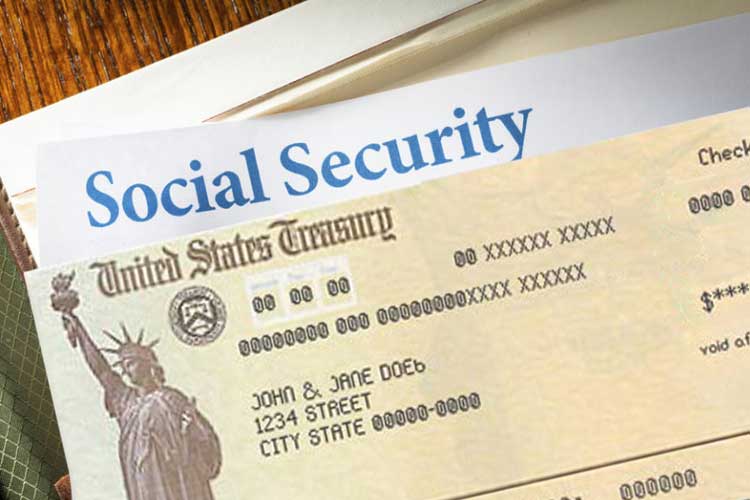Federal agencies have paid more than $100 billion in benefits to dead people because the oversight procedures to prevent fraud continue to fail in various ways.
Even a basic task like keeping track of who’s dead and who’s alive seems to have proven problematic.
According to the federal government’s watchdog agency, the General Accountability Office (GAO), payments of $601 million in improper payments were made from 2006-10 to federal retirees who were deceased. More than $1 billion in agricultural subsidies were paid to farmers who had been dead for more than three years. And Medicare prescription drug plans sent more than $3.6 million to deceased beneficiaries.
While Congress still fumbles to fix basic failures in the feds’ computerized accounting systems, it was four years ago when an internal report found embarrassing failures that open the door to Social Security fraud.
A 2015 watchdog review concluded that an astounding 6.5 million active Social Security numbers belonged to people who are at least 112 years old and likely deceased. Only 35 living individuals worldwide had reached that age as of 2013.
Worse yet, the report found that one individual successfully opened bank accounts using Social Security numbers for individuals born in 1869 and 1893. The database of active Social Security numbers indicated that both beneficiaries were alive, meaning they would be older than 145 and 121 years, respectively.
The most recent GAO estimate, in 2017, said as much as $141 billion in improper government payments overall were transacted in recent years.
Recent attempts to repair this mess have fallen far short of expectations. The Office of Management and Budget, in coordination with the Treasury Department, developed a Do Not Pay (DNP) system to block fraudulent payments from any federal agency. But the GAO found that the DNP has partial or no access to three of the six federal databases that can separate the living from the dead.
Somehow, the DNP has no access to the Social Security Administration’s death records though, officials admit, that list is out of date. That’s because Social Security has no entry to the best source of information, each individual states’ death records. To gain admittance to state records would require an amendment to the federal Social Security Act. That change has not happened, despite repeated attempts on Capitol Hill.
The latest attempt at congressional legislation, sponsored by Democratic and Republican lawmakers, seeks to reform the entire system. The bill – I kid you not – is called “The Stopping Improper Payments to Deceased Individuals Act.” Most significantly, it would allow federal agencies access to a “Complete Death Database.”
In some way, I wonder if many members of Congress will be 112 years old before such a bill is passed and signed into law.





If there was a complete and comprehensive dead persons data base how oh how could dead democrats vote?!?!?!